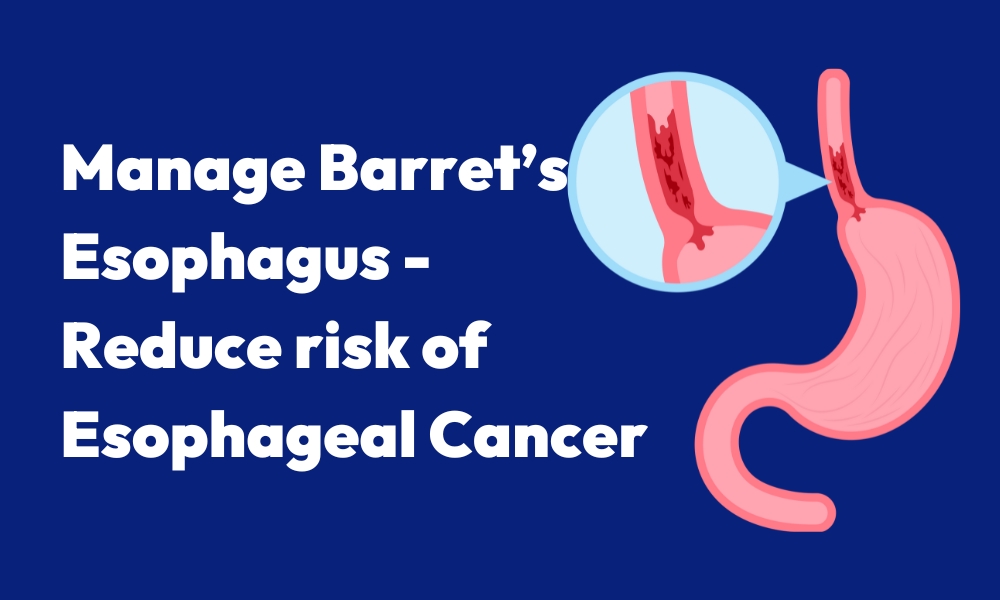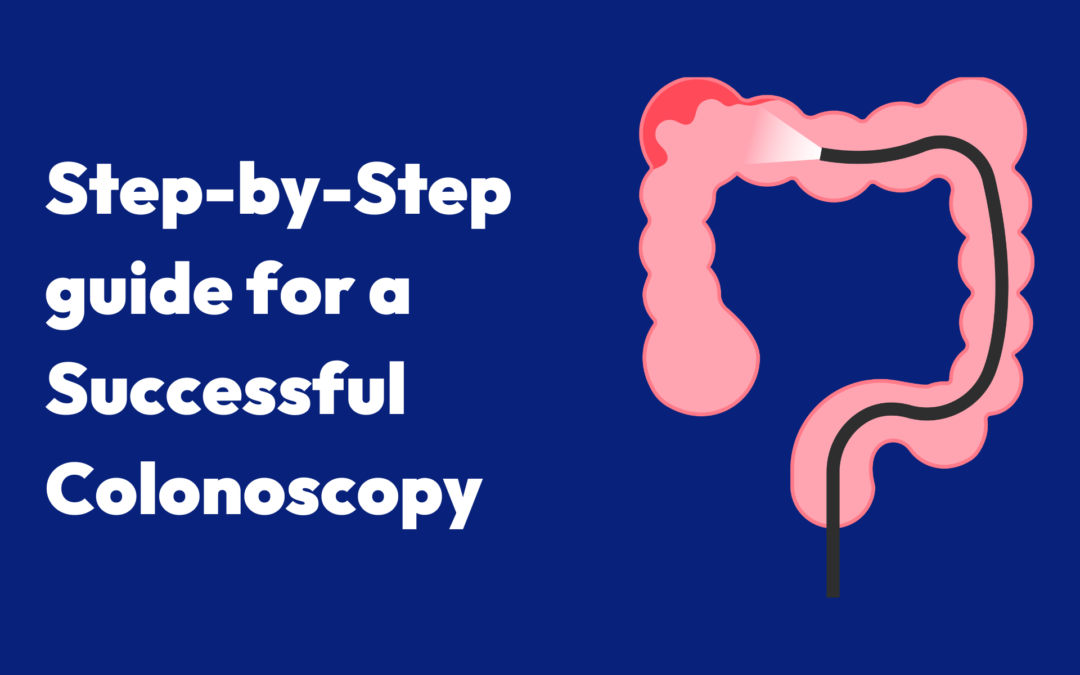Acid reflux and heartburn are a widespread problem affecting millions of Americans. While antacids and prescription medications are available, there are also many effective home remedies to relieve these frustrating symptoms naturally. This article explores simple lifestyle measures and tips to manage acid reflux without medication when possible.
Understanding Acid Reflux
Acid reflux, also called gastroesophageal reflux disease (GERD), is a digestive disorder where stomach contents flow back up into the esophagus. This can cause burning pain and discomfort, known as heartburn, often felt rising up from the stomach to the chest and throat area.
Reflux occurs when the lower esophageal sphincter (LES) muscle becomes weak or relaxed. The LES functions as a gateway that usually stays closed to prevent food and acidic stomach juices from entering the esophagus where they don’t belong.
Certain foods, habits, and stress can cause this sphincter to relax abnormally, allowing acid to irritate the esophageal lining. While medications help block acid production in the short term, lifestyle measures can provide more lasting relief by addressing the root factors contributing to reflux.
Effective Home Remedies and Lifestyle Tips
Here are some of the top home remedies to try for reducing acid reflux:
1. Avoid Trigger Foods
Certain foods and drinks are common heartburn triggers. The main culprits include:
– Spicy, fried, or fatty foods
– Citrus fruits and juices
– Tomatoes and marinara sauce
– Chocolate and peppermint
– Coffee, tea, and other caffeine
– Alcohol
– Onions, garlic, peppers
Avoid eating large portions of these items. Track your diet and symptoms to pinpoint your reflux triggers.
2. Don’t Overeat or Eat Late
Consuming large meals, eating right before bedtime, or laying down immediately after eating makes reflux more likely. Allow 2-3 hours for digestion after a meal. Eat smaller portions spread throughout the day rather than a few huge meals.
3. Lose Weight if Overweight
Excess weight puts pressure on the stomach and esophageal sphincter. Losing even 5-10 lbs can ease symptoms. Focus on eating nutritious whole foods, reducing portions, and exercising more.
4. Quit Smoking
Smoking weakens the esophageal sphincter and increases reflux. Quitting improves numerous aspects of digestive and overall health. Talk to your doctor about smoking cessation aids if needed.
5. Manage Stress and Anxiety
High stress and anxiety negatively impact digestion. Try natural stress relievers like meditation, yoga, deep breathing, and getting more sleep. Consider counselling if needed for underlying mental health concerns.
6. Sleep on an Incline
Allow gravity to keep acid down by propping the head of your bed 4-6 inches higher with blocks or raising the bed frame. Avoid eating for 3 hours before lying down. Use extra pillows to stay upright if needed.
Reach out to us for best digestive health care
We are top gastroenterology medical clinic in Shavano Park, Texas. Don’t take our word for it, check out our reviews
👉 here.
7. Avoid Tight Clothing
Tight belts, skinny jeans, shapewear, and control-top pantyhose can put pressure on the stomach and increase the likelihood of reflux. Opt for loose, comfortable clothing around your abdomen.
8. Take Apple Cider Vinegar
The acetic acid in apple cider vinegar may help keep stomach contents where they belong. Try one tablespoon diluted in water before meals. Avoid straight vinegar, which can damage tooth enamel.
9. Try Licorice Root Tea
Licorice root has anti-inflammatory properties that may coat the esophagus and alleviate discomfort. Steep to make tea or take as a supplement. Avoid licorice if you have high blood pressure.
10. Improve Posture
Slouching puts pressure on the abdomen and can trigger reflux. Stand up straight and sit upright to keep your stomach contents down. Improving posture provides multiple health perks beyond relieving reflux.
When to See a Doctor
Lifestyle remedies can help provide lasting relief from occasional acid reflux. However, seek medical advice if you experience:
– Frequent or severe heartburn several times per week
– Reflux that regularly disrupts sleep
– Difficulty swallowing or pain with swallowing
– Unintentional weight loss
– Wheezing or coughing up blood
– Vomiting with reflux symptoms
Seek emergency care for throat tightening or chest pain that radiates or occurs with shortness of breath, sweating, or pain spreading to your arms, neck or shoulders.
Your doctor can provide prescription or even surgical options for lasting relief for moderate to severe reflux or heartburn that persists despite lifestyle changes.
Give Home Remedies a Try
If occasional reflux is disrupting your quality of life, simple natural remedies and diet and habit changes may do the trick. While antacids sometimes provide quick symptom relief, addressing underlying factors through lifestyle often leads to the best long-term improvement.
Try some home remedies before jumping to stronger medications – you may be pleasantly surprised at how well they work. Combining medical treatment when needed along with healthy habits provides optimal relief from the discomfort of acid reflux or GERD.




